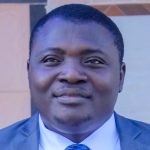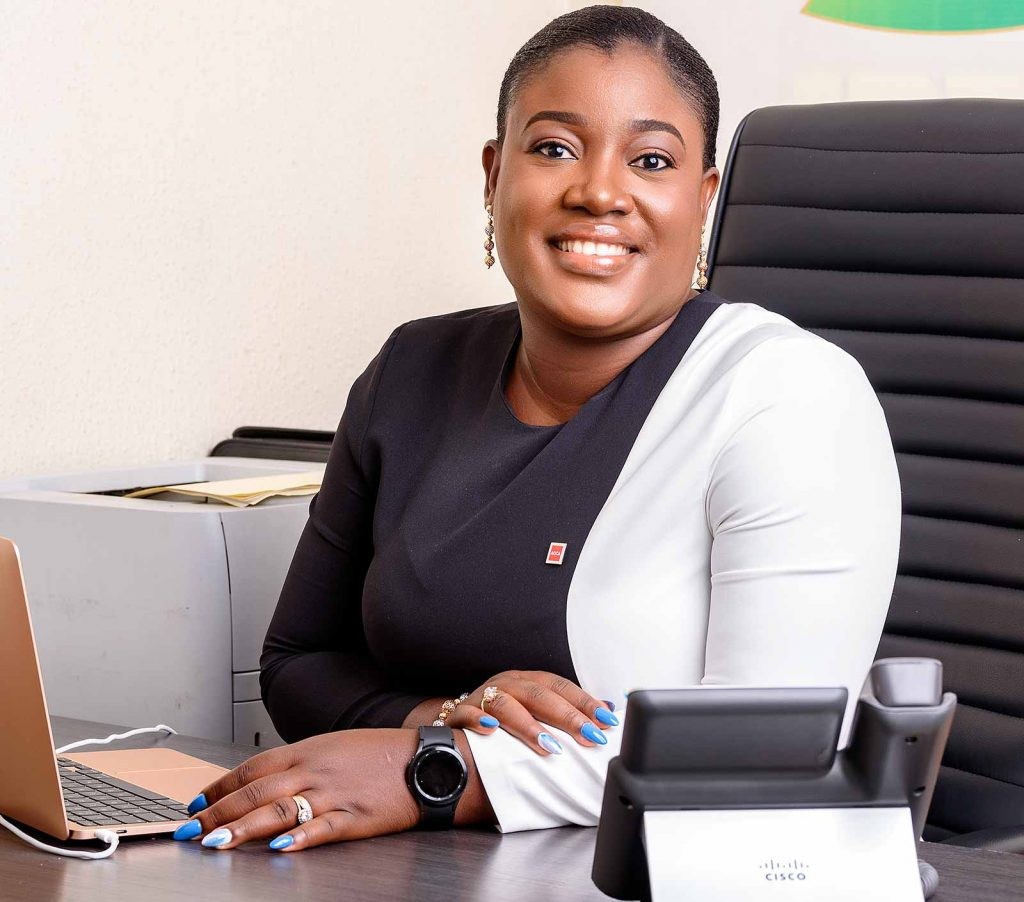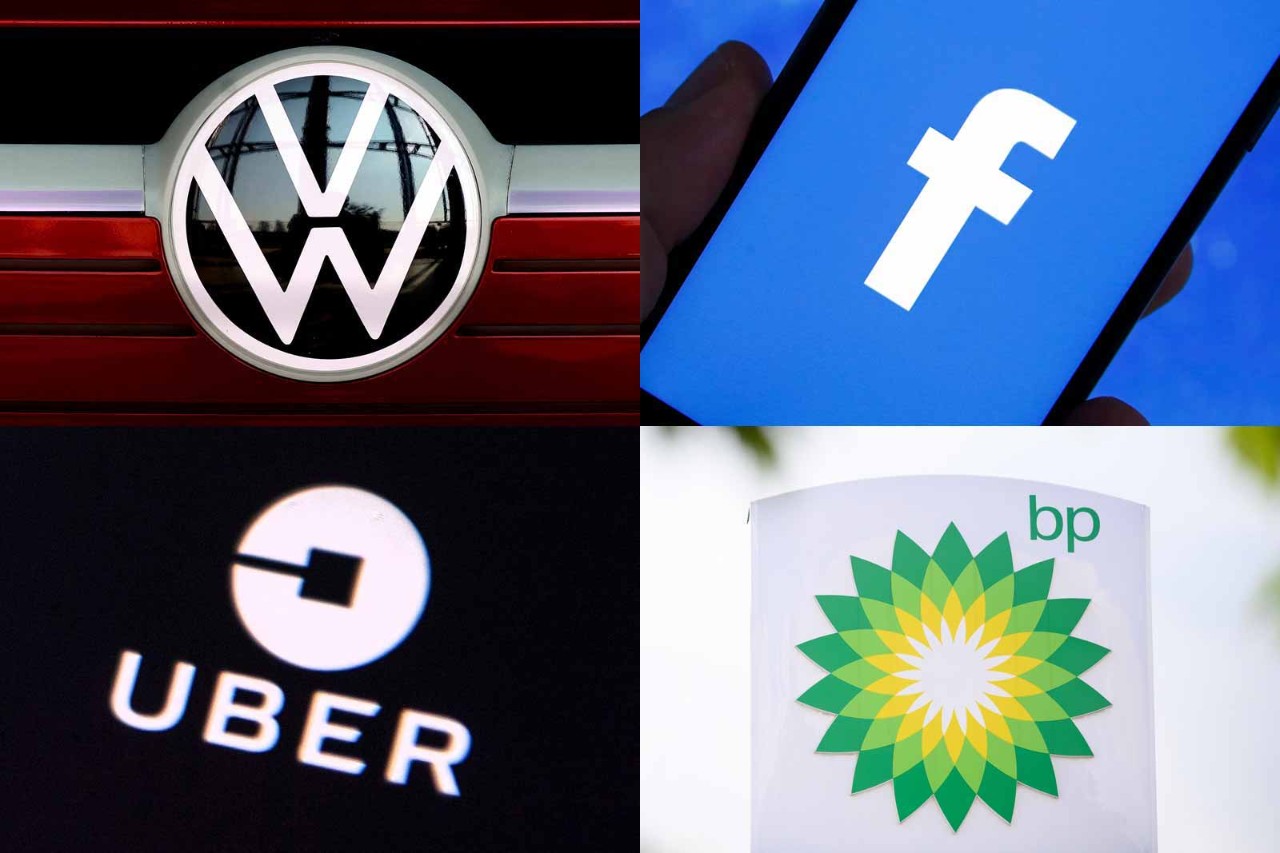My desire to become a professional accountant started at secondary school, where I was gratified to achieve straight As in mathematics and accounting. I have been lucky to find a profession that suits my strengths and aptitudes, and I feel privileged. Since my early training with EY and completing my ACCA studies, I have worked in various sectors across the Nigerian economy, including banking, health insurance, trade, fintech, energy and consulting.
The accountancy profession has witnessed a lot of change since I joined over a decade ago. We now have accountants with multiple capabilities and competencies, and most are tech-savvy. The modern accountant lives in a world of possibilities and big changes compared to the world when it was paper-based.
After several years on the corporate side, I took the plunge and started my own firm, Empyrean Professional Services. My motivation to return to practice was born out of a quest for freedom. I detest being boxed into a corner and I love to express myself. My varied experience equipped me well to deal with the multiple work challenges that running a small practice brings.

I detest being boxed into a corner and I love to express myself
The most interesting thing about being a managing partner is the excitement that comes from handling diverse engagements. One day I might be working with a tax client, the next I might be tackling a business advisory project. I’m responsible for the overall success of all the engagements in the firm’s portfolio, though my job is more about strategy now.
As the chief marketing officer, my biggest challenge and source of stress is getting new clients. Most small business owners don’t understand the usefulness of engaging an accountant until they are compelled to do it.
The high cost of diesel has sent many businesses into near-collapse
In Nigeria, the major impediment our clients face right now is that of energy. Not only is the supply of electricity erratic, but the high cost of diesel has sent many businesses into near-collapse. In the agriculture sector, for example, wheat and fertiliser prices have risen sharply. I feel business owners’ pain as, in addition to my accounting practice, I run a plastic recycling factory, which I may have to shut down.
Meanwhile, high inflation and exchange rate volatility are affecting the inflow of foreign direct investment. There is also a worsening foreign exchange situation and the inflation rate is in double digits. Servicing government debt costs the country more than 41.6 trillion Nigerian naira (US$92bn) a year, which exceeds annual revenue generation.
Our population is our major strength, and in the longer term it makes Nigeria an attractive destination for investors. However, for our business climate to be conducive, there must be better coordination between those formulating monetary and fiscal policy.
If I had law-making powers, I would promote food security in Nigeria. We have many citizens living on less than one US dollar per day, so I would ensure each citizen has access to at least two square meals every day. This would ultimately reduce the rate of crime and increase the level of productivity in the country.
If I were not an accountant, I would have been either a professional table tennis player or a businessman. I play table tennis well but couldn’t make it to professional level due to lack of mentorship when I was young. However, I was born into the world of business as my parents are merchants, so that provided an alternative path.
In my spare time I love to play table tennis and snooker and to read about people on LinkedIn. I also enjoy listening to Nigerian music. My favourite musicians are Ebenezer Obey and Ayinde Barrister.



